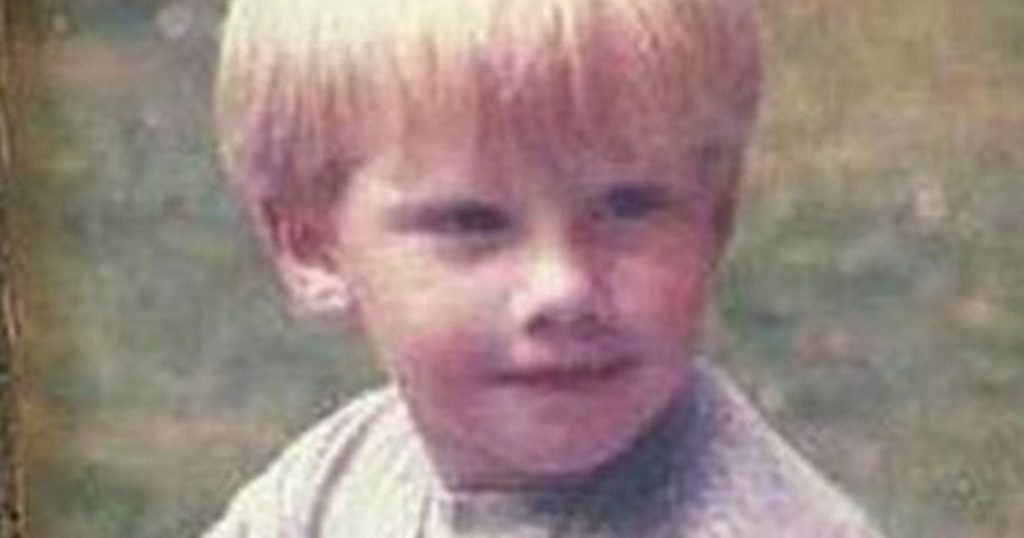Colin Smith tragically passed away at the mere age of seven after falling victim to the contaminated blood scandal. Colin was diagnosed with HIV and hepatitis C in 1983 due to receiving contaminated blood products during treatment for his haemophilia as an infant. His parents from Newport recently shared his last words, where he expressed his inability to see his father before his untimely death in 1990. Investigations revealed that the doctor responsible for Colin’s blood transfusion broke internal NHS guidelines, leading to the tragic outcome. The contaminated blood scandal impacted an estimated 30,000 individuals in the UK, causing over 2,400 deaths and long-term suffering for many survivors.
The Infected Blood Inquiry is scheduled to publish its final report in May, with recommendations for compensating victims and their families. Although some have received interim payments of £100,000, the inquiry chair emphasized the urgency of addressing the decades-long delays that victims have experienced. Parents who lost children and children orphaned by the scandal were among those who were yet to be recognized. Colin’s parents revealed that their son received contaminated blood products with the expectation that they would eradicate viruses, but the consequences of this negligence were disastrous. They were devastated to learn about Colin’s diagnosis, and faced additional challenges from community backlash and discrimination, impacting their entire family.
Campaigners await the report’s publication in hopes of achieving justice and resolution for all victims of the contaminated blood scandal. As the inquiry works towards providing compensation and acknowledgment to those affected, the harsh realities of the tragedy continue to haunt many families. The ongoing impact of the scandal, which resulted from a disregard for safety regulations and due diligence, continues to affect thousands of lives in the UK. The psychological and emotional toll on individuals and families, including Colin Smith’s parents, highlights the need for comprehensive support and accountability to address the consequences of the contaminated blood scandal. The final report from the Inquiry will play a crucial role in uncovering the truths and providing closure for the victims and their loved ones.
Amidst the devastating aftermath of the contaminated blood scandal, victims and campaigners are seeking justice and accountability for the negligence that led to thousands of infections and deaths. The resilience and determination of those affected, like Colin Smith’s parents, to speak out and demand recognition for the harm caused by the scandal underscore the urgency of addressing past injustices and ensuring a fair and transparent inquiry process. The impacts of the contaminated blood scandal extend beyond physical health, affecting families emotionally, socially, and financially, as they navigate the challenges of stigma, discrimination, and loss. As the final report approaches, hopes are high that the voices of victims will be heard, and measures will be taken to prevent such a tragedy from recurring in the future.
The heart-wrenching stories of individuals like Colin Smith and his family shed light on the human cost of the contaminated blood scandal, emphasizing the importance of holding accountable those responsible for the widespread harm caused. The long-lasting repercussions for families, communities, and the healthcare system serve as a stark reminder of the need for transparency, regulation, and oversight in medical practices. As the Infected Blood Inquiry nears its conclusion, the outcomes of the investigation will determine the path forward for addressing the grievances of victims and providing closure to families impacted by the tragedy. The results of the inquiry will shape the future of healthcare practices, patient safety, and accountability measures in the UK.


